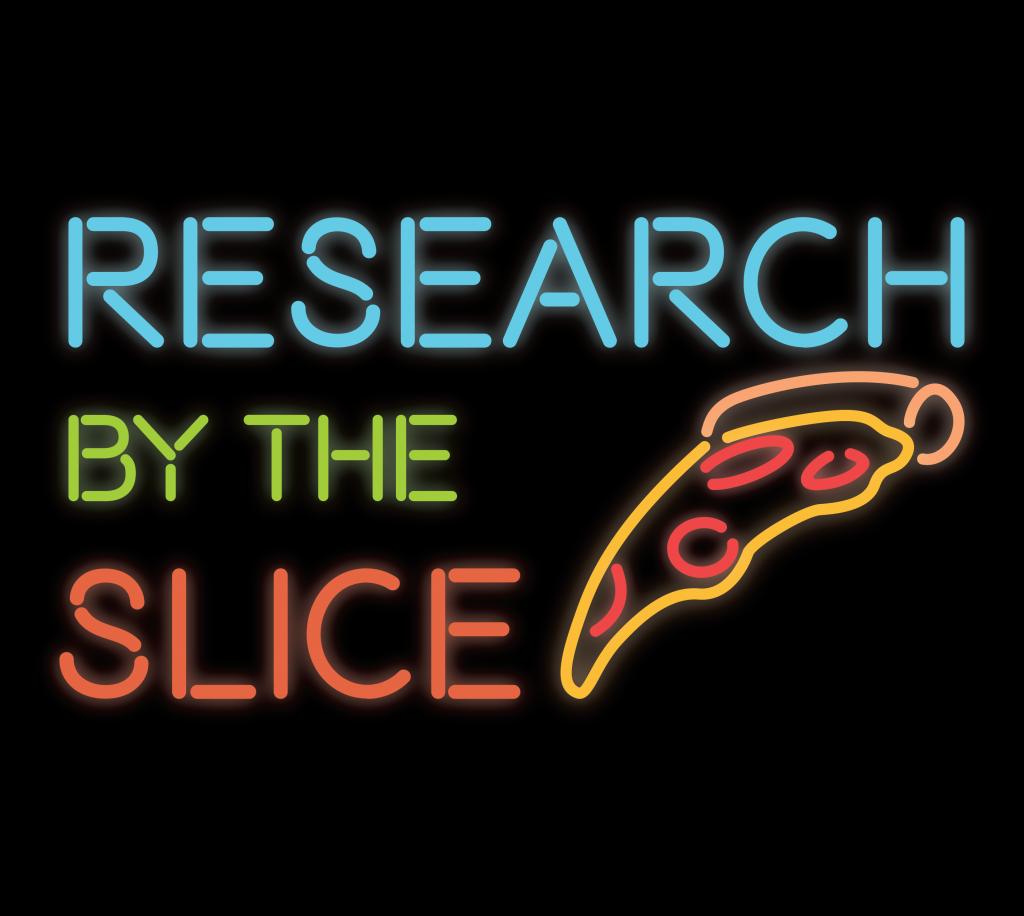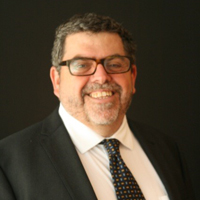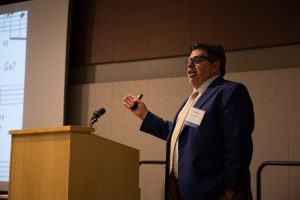March 29, 2018
Today’s Special: Charles Puryear Professor of Liberal Arts, William R. Clark

- What are you currently researching?
- My primary research is on the politics of monetary policy. I am interested in understanding how politics affects the behavior of central banks, and most recently that’s meant a focus on the Federal Reserve System in the US.

William R. Clark
- My primary research is on the politics of monetary policy. I am interested in understanding how politics affects the behavior of central banks, and most recently that’s meant a focus on the Federal Reserve System in the US.
- Did you grow up wanting to become a political scientist?
- Jazz performance was my first major as an undergraduate. I made the shift to political science halfway through my undergraduate degree, so political science wasn’t my first love.
- What prompted such a dramatic change in your focus?
- I decided I wanted to become a professor because I loved going to school, and I thought that in a way I could stay in school for the rest of my life. I felt almost as if music was so important and personal that I didn’t want to teach it for a living.
- Where did you study?
- That was at William Patterson College in New Jersey, which is a four year, open admission public school. They happened to have a really great jazz program because we were very close to New York City. I received my graduate degrees from Rutgers University.
- Why did you choose to continue your career at Texas A&M University?
- I was told by a colleague who taught here that the department was looking for a new department head, and they were looking to hire from the outside. I expressed an interest and decided that it was a very interesting opportunity to try to build a great department.
- How have your research interests changed across your career?
- In some ways, my research interests haven’t changed because some of the original questions that I was interested in as a graduate student are still interests of mine, such as why some countries are rich and some countries are poor. But my work has become much more analytical and mathematical, and a lot less ideological than when I first started.
- How does your research impact society and the world?
- When I was a young person, I thought the point of research was to change the world. Subsequently, I have learned that it is first important to understand how the world works before you can responsibly advocate changes to it. Understanding political and economic behavior has become my life’s work, and I’m not prone to offering easy solutions. At the same time, I think that the best that social scientists can aspire to is to tell the truth about the way the world works and make it harder for people to lie about it.

- When I was a young person, I thought the point of research was to change the world. Subsequently, I have learned that it is first important to understand how the world works before you can responsibly advocate changes to it. Understanding political and economic behavior has become my life’s work, and I’m not prone to offering easy solutions. At the same time, I think that the best that social scientists can aspire to is to tell the truth about the way the world works and make it harder for people to lie about it.
- If you could meet one researcher, past or present, who would it be and why?
- I think I would have to say Karl Marx. I think out of every social scientist for good or ill, he has perhaps had the most influence on world history. I would be interested to provide him with an opportunity to reflect on that influence.
- If you could go back in time, what advice would you give yourself during your time as an undergraduate and graduate student?
- I would tell myself to study more math and study it earlier. I don’t have very many regrets and have had a very happy career, but I have always felt somewhat insecure in my technical foundations. In political science, that’s a fairly widespread insecurity, but it’s certainly one I share.
- What do you think will be the next big research areas/questions in your field in the next few years?
- Well, I think the clear focus is going to be on the interaction between class and race in advanced industrialized countries. There’s been a tradition to treat those subjects somewhat separately, with one community studying racial politics and one community studying political economy. However recent events have led many of us to the conclusion that it’s time we find a way to integrate these two subjects.
- What do you like to do in your free time?
- I’m still a musician. I’m not sure if that constitutes free time, as that’s almost a second profession for me. I also play a lot of tennis. I read history voraciously, and I love art, music, and cinema. So, I love it all!
- What’s your favorite pizza?
- Oh, that’s easy! New York style, thin crust, Neopolitan-style pizza. In the Brazos Valley, the best available pizza comes off my backyard grill. But my second favorite is the WoRx pie at Rx Pizza sans olives. You should ask for the Dr. Clark special, which includes half the dough and is cooked twice as long.
